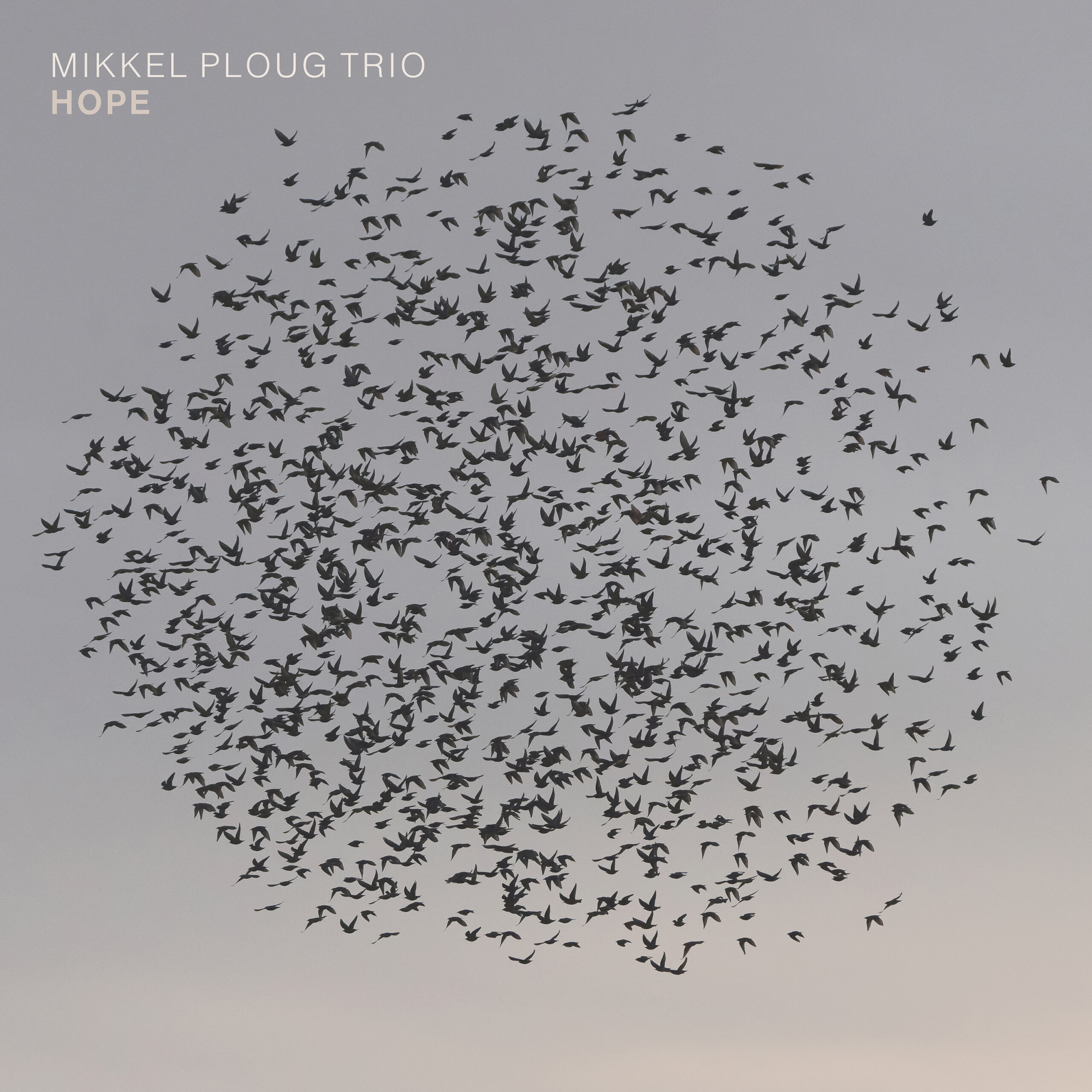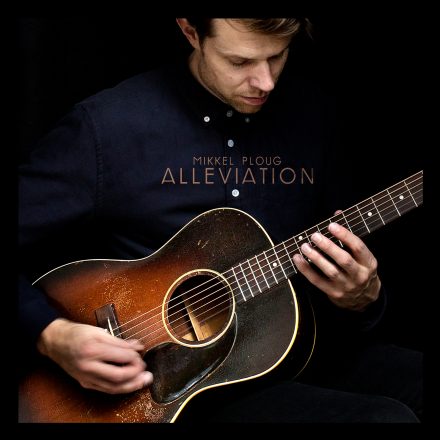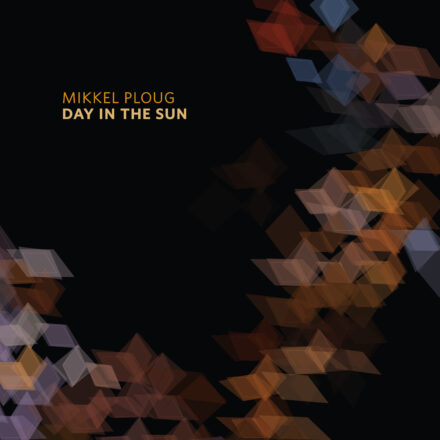Mikkel Ploug Trio
Hope
SGL1638-2“Ploug is part of a generation of guitarists who absorbed as much from Radiohead as they did from Bill Frisell, so while there is all the openness and adventure of an improviser with his own distinctive language, it is informed by a more rugged, indie-rock sensibility, driven forward by Carpio’s subtle, ever-changing grooves.”
– Cormac Larkin, Irish Times
Danish guitarist-composer Mikkel Ploug has had a long association with Songlines, The first of three recordings by the avant chamber-jazz trio Equilibrium, which he co-leads with Sissel Vera Pettersen and Joachim Badenhorst, appeared in 2009, and those were followed by two solo acoustic guitar titles, Alleviation (2017) and Day in the Sun (2022). Hope is the latest record by his very first jazz group, formed in 2006 with Danish bassist Jeppe Skovbakke and Irish drummer Sean Carpio. Recorded in studio after a European tour, Hope captures the renewed energy and finesse of three longtime friends who continue to spark each other’s creativity. There’s subtlety here too, the same melodic lyricism and harmonic novelty heard to great effect on Alleviation and Day in the Sun. The program is completed by arrangements of Billy Strayhorn’s “The Star-Crossed Lovers” and two songs by Carl Nielsen, Denmark’s great classical composer. Mikkel calls these beautiful old tunes “my Danish standards”.
A bit of relevant backstory: throughout May 2020, during the lockdown, Ploug serenaded his Copenhagen neighbors from his apartment balcony with nightly electric guitar performances of music he’d been working on during the day. Followed by thousands of viewers around the world, these offerings soon led to the studio album Balcony Lullabies (Stunt, 2020). The group record that followed, Nocturnes (Stunt, 2022), features the trio and saxophonist Mark Turner, a close collaborator since the trio’s earliest days; that record’s subdued tone contrasts with the more dynamic, upbeat feel of Hope. The last record by just the trio was At Black Tornado (Whirlwind, 2015).
Back to Hope: Ploug is a prolific composer and he’s always looking for new ways to create songs: “Often I’m following a harmonic subject of interest, or maybe a small, curious bit of melody that I then gradually develop and let unfold. But a song like ‘Chant’ for example is actually a solo improvisation from a solo church gig that I happened to be able to remember afterwards and made it into a tune. I need some structure or alternative composing methods to get outside of my comfort zone, which is writing one-page tunes. ‘Daybreak’ is another piece that came together differently. It’s partly a study in extreme tension, with piercing melody notes outside the key. The whole B section is a transcription from another church solo improvisation that I happened to get on video. I found that its odd-numbered structure (with bars and phrases of 5, 7 and 9) worked perfectly in this context. The last section was written on an old Martin acoustic that a luthier lent me to take to my hotel room while he was fixing up my acoustic for the next day. So ‘Daybreak’ is made up of very unexpected ingredients and was written on three different guitars, which I think helped push me to new places.
“‘Winter Lullaby’ was written on a guitar that can barely be played anymore, my Dad’s first acoustic instrument, really bad quality. It only sounds good when just two notes are played together, so the whole tune is written like that. ‘Hope’ came out of transcribing a Craig Taborn performance, and when this almost schlager-like theme emerged I decided to see how far I could go with that, ending up in Messiaen’s 9-tone scale at the end.”
Does he have a favourite piece or performance on the record? “I like ‘Winter Lullaby’ because the time-feel is so stretchy and liquid, and I can hear by how we play what each of us is contributing all the time.” And what about the record’s title? “There seems to be a thread in all my compositions that is hopeful. No matter how dark and minor-key-sounding it gets I seem to write my way into some kind of major for an ending. I always look for that hope in life and in music.”


